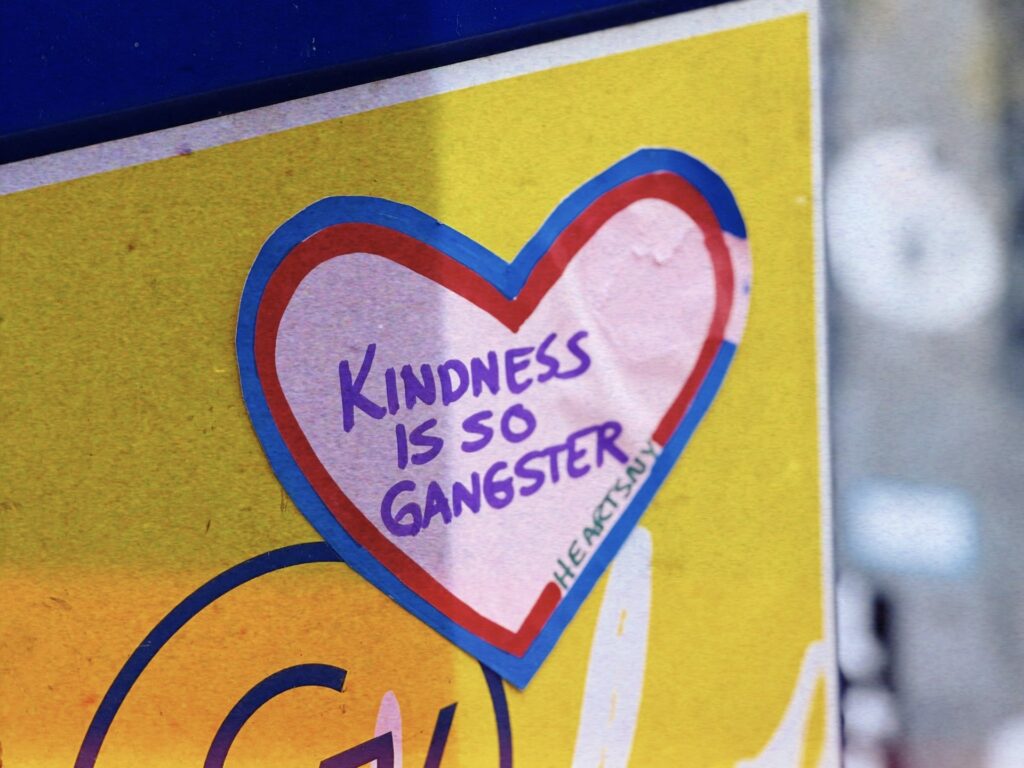
In today’s fast-paced world, it’s easy to get caught up in the hustle and forget to make time for yourself. Hobbies often feel like an afterthought, something to do when all the “important” tasks are complete. But here’s the truth: hobbies aren’t just a way to pass time – they’re essential for our physical and mental well-being. Engaging in a hobby you love has the power to heal, energize, and inspire.
For me, pottery has been that transformative hobby. But no matter what activity you’re passionate about – whether it’s gardening, painting, hiking, or knitting – the benefits extend far beyond fun.
Physical Benefits of a Hobby
- Improved Motor Skills and Strength Many hobbies involve repetitive, precise movements that improve fine motor skills, hand-eye coordination, and strength. For example, gardening involves digging, planting, and lifting; painting requires steady hands and controlled strokes; and hobbies like pottery or woodworking build dexterity and arm strength.
- Increased Physical Activity Active hobbies like dancing, hiking, or cycling double as workouts. Even less physically intense hobbies, like playing an instrument or sewing, keep your body engaged, preventing the sedentary lifestyle so common in today’s digital age.
- Better Posture and Balance Many hobbies demand physical awareness. In pottery, for instance, centering clay on the wheel requires engaging your core and maintaining a balanced posture. Similarly, activities like yoga or tai chi improve alignment and flexibility while reducing stiffness.
Mental Health Benefits of a Hobby
- Stress Relief Hobbies provide an escape from the demands of daily life. When you’re absorbed in creating, moving, or problem-solving, your mind gets a break from overthinking. Activities like knitting, painting, or even assembling puzzles have been shown to lower cortisol levels, the hormone responsible for stress.
- Mindfulness and Presence A great hobby pulls you into the moment. Whether you’re shaping clay, sketching a landscape, or tackling a new recipe, hobbies demand focus. This immersive experience fosters mindfulness, a proven method to combat anxiety and depression.
- Boosted Creativity and Problem-Solving Skills Exploring a hobby nurtures your creativity and ability to think outside the box. For instance, experimenting with new glaze techniques in pottery or figuring out the best trail route during a hike exercises your brain in ways that keep it sharp and agile.
- A Confidence Boost There’s nothing quite like the sense of accomplishment that comes with mastering a new skill or completing a project. Each small success builds your confidence and encourages you to tackle challenges with renewed energy.
Social Benefits: Building Connections
Hobbies can also open doors to new relationships and social interactions. Joining a book club, pottery class, or hiking group fosters connections with like-minded individuals. Being part of a creative or active community reduces feelings of isolation and adds a layer of accountability to keep showing up for yourself.
Life Lessons Through Hobbies
One of the most unexpected benefits of having a hobby is learning to embrace imperfection. For example, in pottery, not every piece comes out as planned. Some crack in the kiln, others wobble on the wheel. But these “flaws” often add character and beauty to the final piece. This perspective has taught me to approach life with more patience and self-compassion.
Whether it’s accepting a crooked glaze line or navigating a detour on a hiking trail, hobbies teach resilience and remind us to find joy in the journey, not just the outcome.
How to Get Started
If you don’t have a hobby yet, start small. Think about what sparks your curiosity or makes you lose track of time. Try a community class, borrow a friend’s supplies, or explore YouTube tutorials. The key is to approach it with an open mind and no pressure to be perfect.
Hobbies aren’t just about filling your spare time; they’re about enriching your life. They have the power to make you healthier, happier, and more connected. For me, pottery has been a sanctuary for both my body and mind, but the possibilities are endless. From painting to gardening, photography to dance, there’s a hobby out there waiting to change your life.
💙 Robyn
Interested in a one-on-one health coaching relationship with me? It would be an honor to work with you if and when the time feels right.
To learn more about Personal Health Coaching click HERE.
To schedule a Discovery Session click HERE


